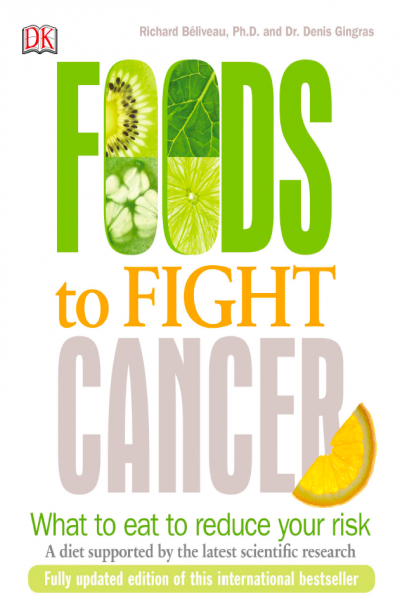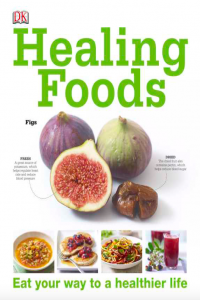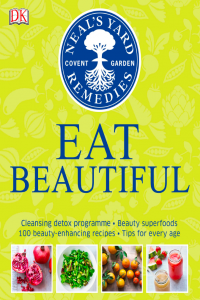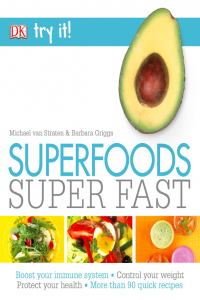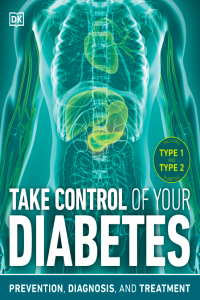Food to Fight Cancer
Food to Fight Cancer, What to eat to reduce your risk.
- 130,000đ
- Thương hiệu: DK Publishing
- Mã sản phẩm: FOO124510
- Tình trạng: 2
The fear of harmful consequences caused by events beyond our control is a characteristic unique to humans. A cancer diagnosis, too, can terrify us, but research shows that lowering our risk of developing the disease is by no means beyond our control.
Of all the real dangers we encounter in life, cancer is an undeniable threat. The disease will affect two out of five people before the age of 75, and one person in four will die from complications related to cancer. Every year, 10 million people around the world develop cancer and 7 million deaths are caused by the disease, amounting to 12 percent of all deaths recorded worldwide. And the situation is not getting any better, since it is now estimated that as the population gradually ages, 15 million new cancer cases will be diagnosed annually. In North America alone, for example, 10 million people are currently living with cancer and 600,000 of them will die of the disease in the coming year.
To grasp the full scope of the tragedy, imagine television news showing four Boeing 747s full of passengers crashing every day, or the collapse of the twin towers of the World Trade Center three times a week. This is not to mention the cost associated with treating people with cancer, estimated to be in the region of $180 billion annually, which will only climb in coming years. These figures illustrate the size of the public health problem cancer poses and show the need to identify potential new ways to reduce the negative impacts of this disease on society.
Figures aside, cancer is first and foremost a human tragedy. It robs us of the people around us who are precious to us, deprives young children of their mother or father, and leaves a wound that never heals in parents devastated by the loss of their child. Such bereavement gives rise to a sense of injustice and rage, or feelings of being the victim of an unfortunate random attack that we were utterly powerless to avoid. Ultimately, losing someone we love to cancer raises doubts about our ability to conquer the disease.
This feeling of powerlessness is clearly reflected in public opinion surveys that ask participants about their understanding of what causes cancer. Generally speaking, people view cancer as a disease triggered by uncontrollable factors: 89 percent think that cancer is caused by inheriting faulty genes and more than 80 percent believe that environmental factors, like industrial pollution or pesticide residues on foods, are significant causes. In terms of lifestyle, an overwhelming majority of people (92 percent) associate smoking with cancer, yet fewer than half of people questioned think their diet can have an influence on the risk of developing the disease. Overall, these surveys prove that people are rather pessimistic about their chances of preventing cancer. According to half of those questioned, prevention is not very likely or even possible. These survey results are troubling because, with the exception of smoking, this prevailing attitude of helpless pessimism runs completely against what research has identified as triggering factors for cancer. It is clear that we need a thorough review of how health officials and government agencies inform the general public about how to
